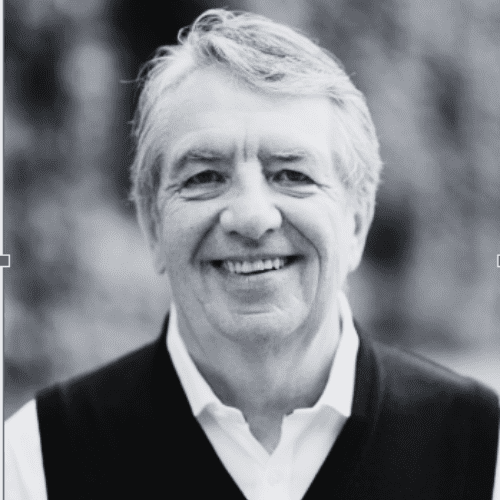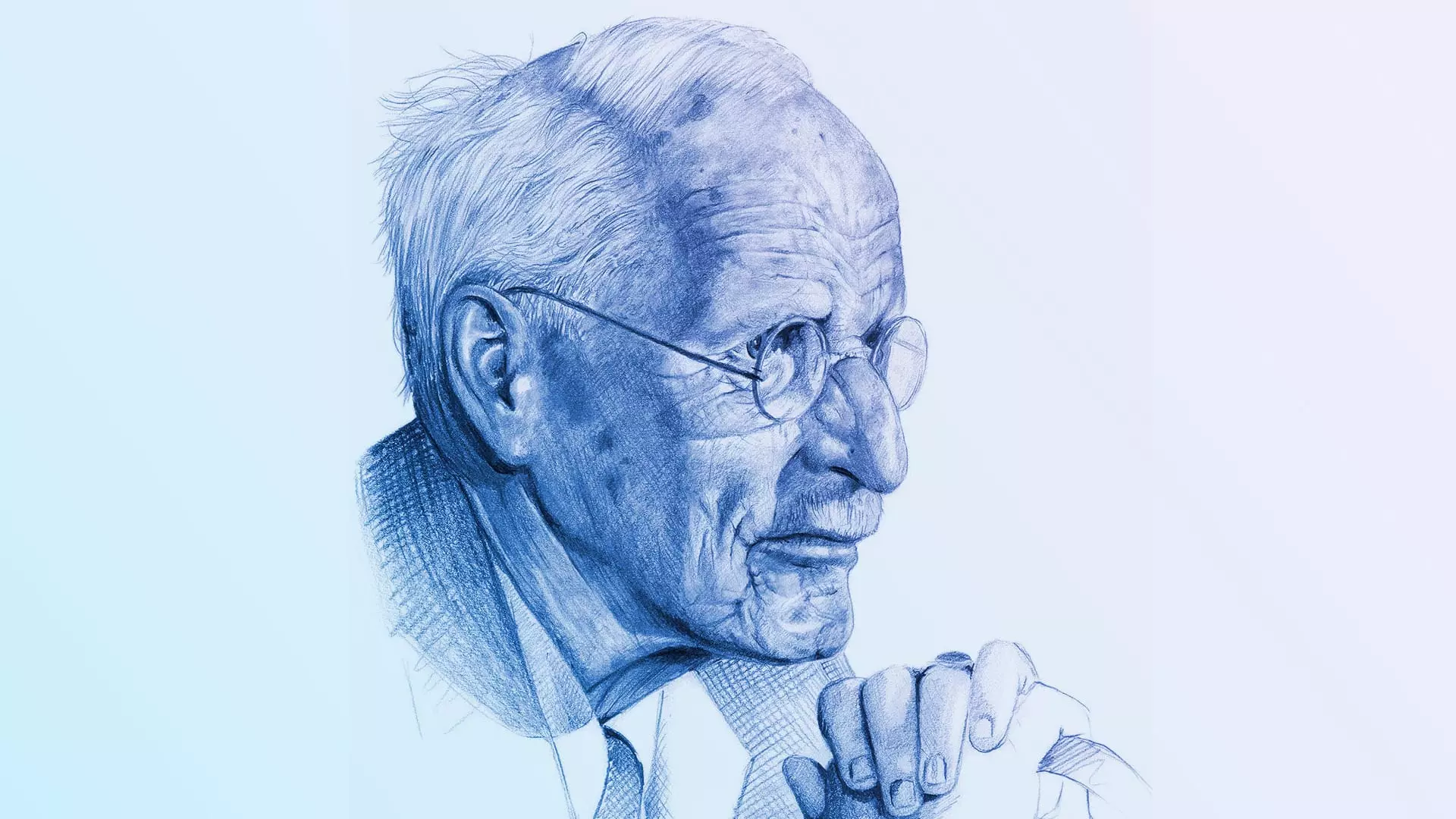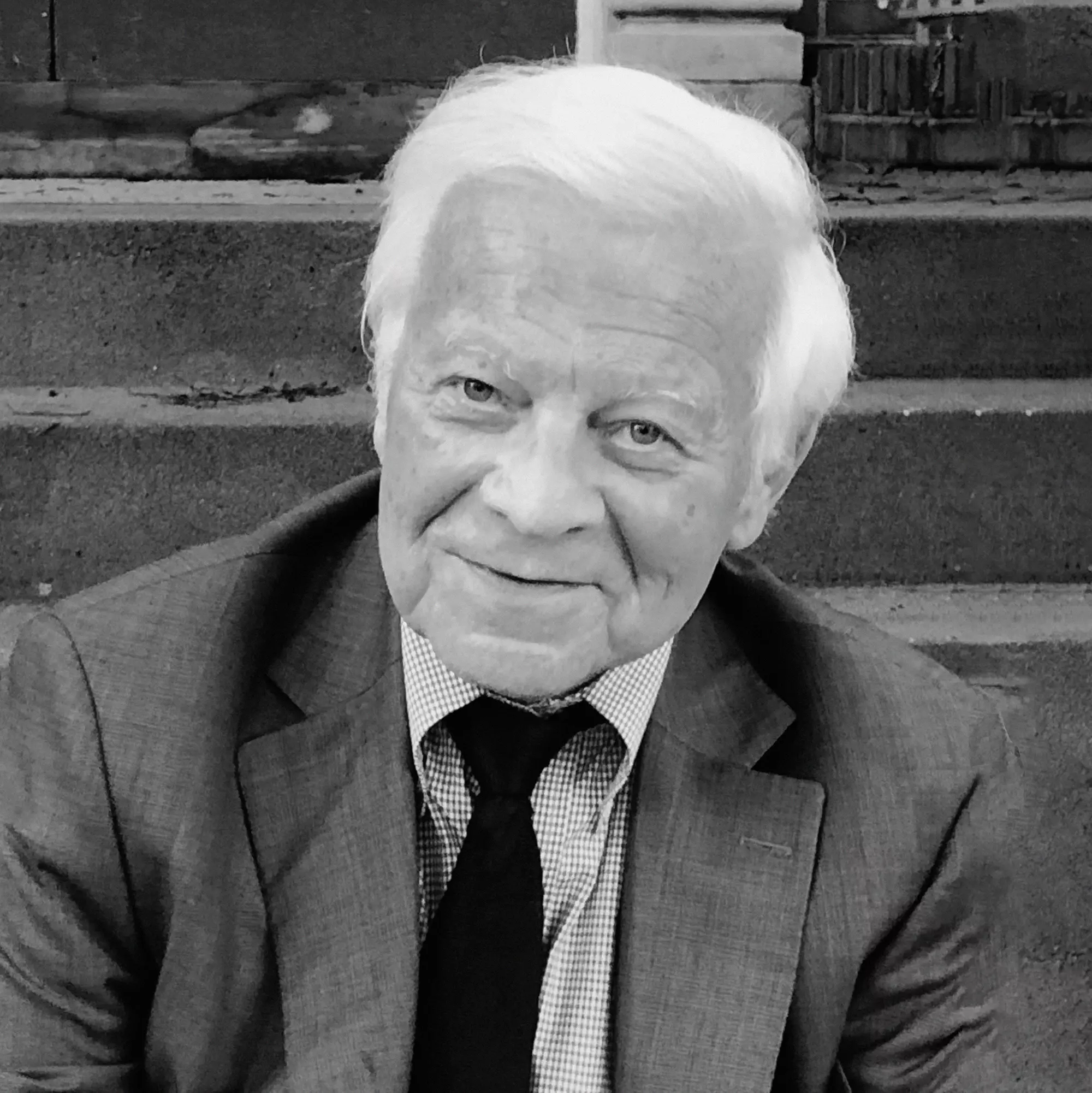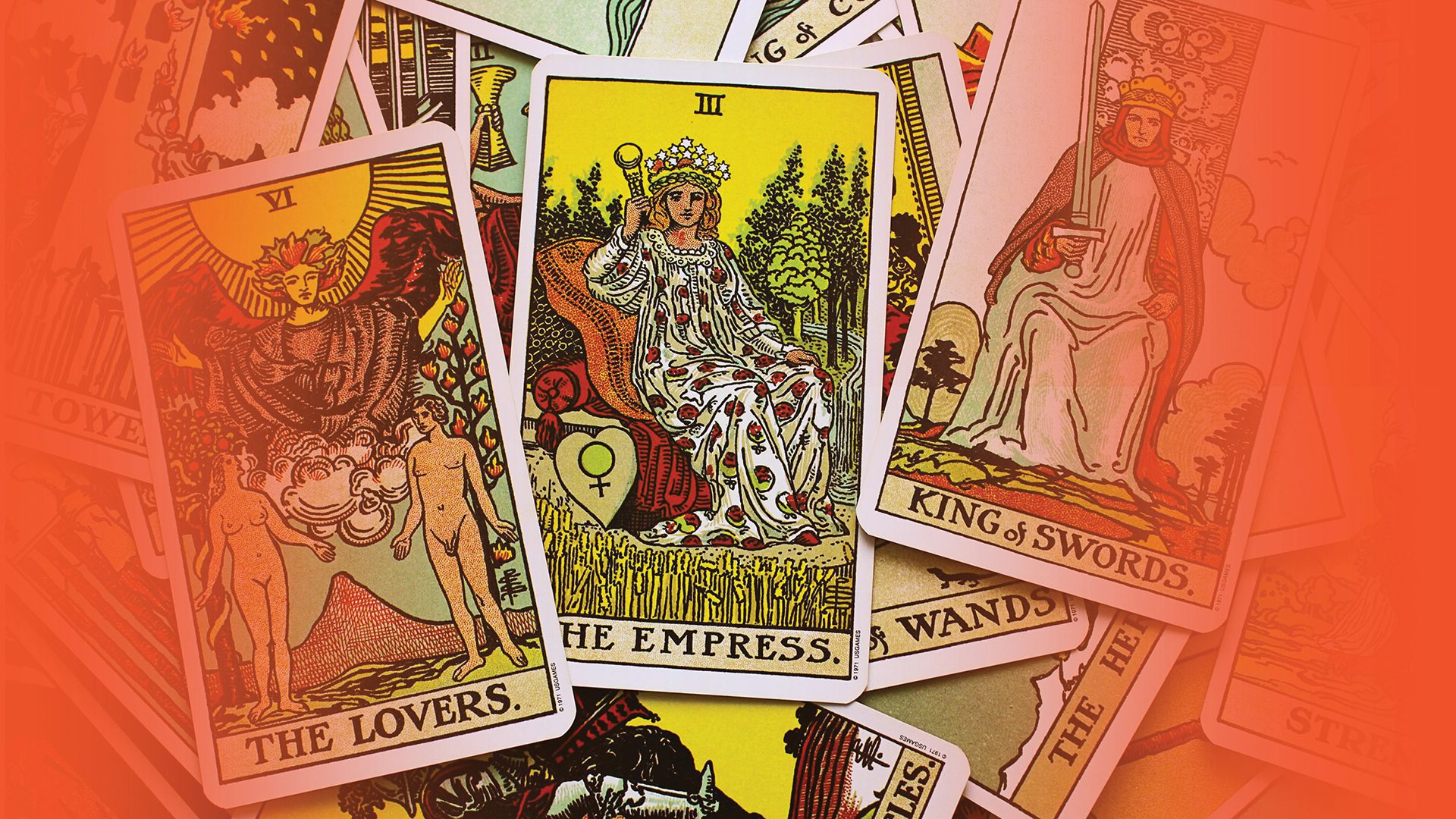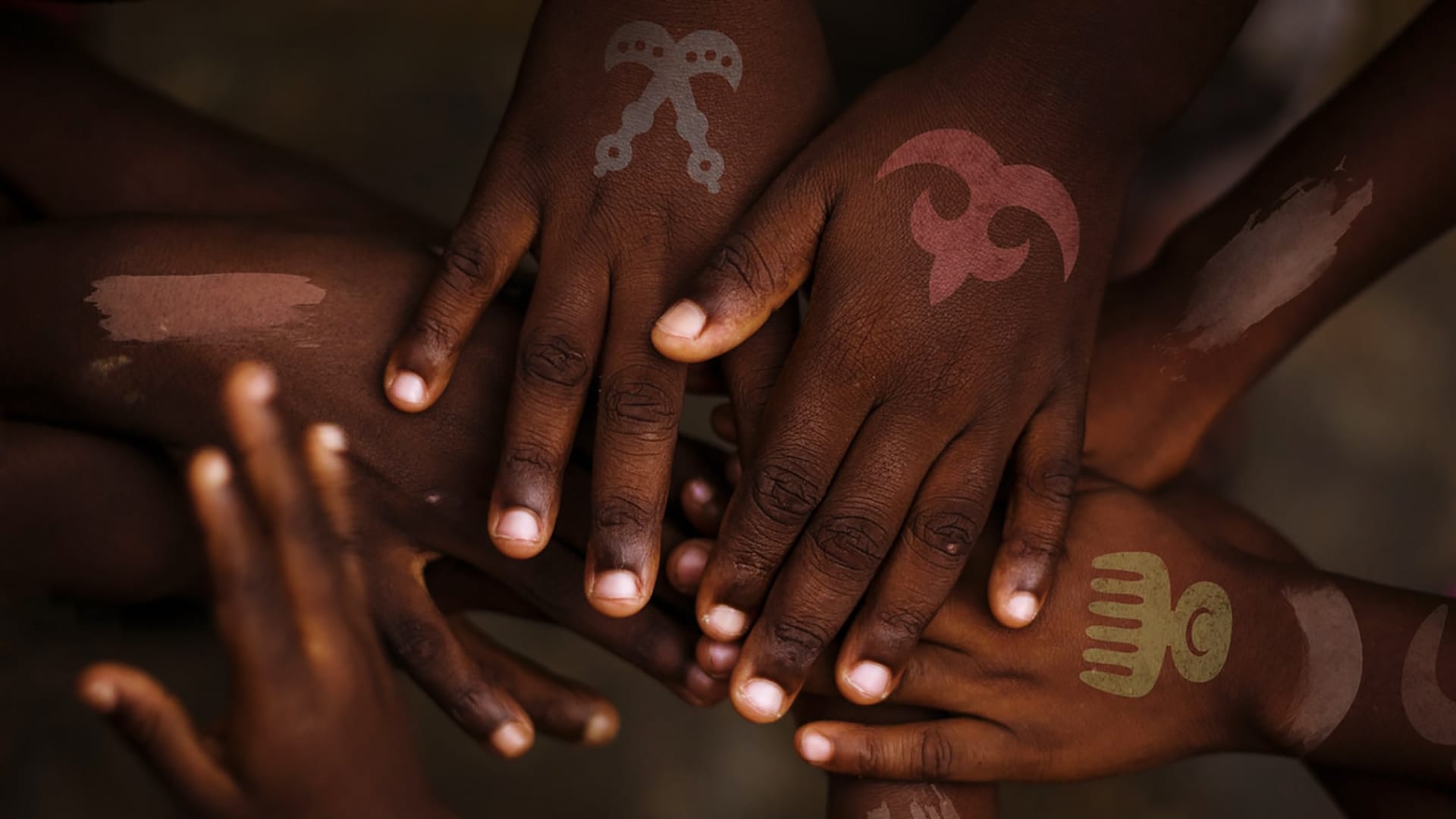
Jungian Terms
Active imagination. Method of assimilation of unconscious contents through their experimentation as fantasies in the wakeful state.
Want to know more?
Course: Rekindling the Soul: Active Imagination
Alchemy. The chemistry from prehistory until the 17th century, in which laboratory experiments were combined with intuitive, pictorial, partly religious experiences about nature and man. Many symbols which we recognize today as contents of the unconscious were project onto matter, onto the prima materia. The alchemist sought the “secret of God” in the primary material and, in doing so, developed methods and process which resemble those of modern depth psychology.
Want to know more?
Article: Drilling down: a conversation with Robert Bosnak
Course: Alchemy Course: Embodying James Hillman Alchemical Psychology
Alter ego. (Latin) The other aspect of oneself, a second ego; also, one’s doppelgänger.
Amplification. Method of association in the interpretation of dreams based on comparative studies of mythology, religion, fairy tales, alchemy, astrology etc.
Want to know more?
Article: Amplification: Discovering the Archetypal Depth
Anima. The archetype of female in man.
Animus. The archetype of male in woman.
Anthropos. Primordial man, archetypal image of wholeness in alchemy, religion, and Gnostic philosophy.
Apocrypha. Scriptural works which have not been acknowledged as part of the canon but which are similar in form and content to the accepted biblical texts.
Archetype. Primary structural element of human psyche. The archetype equals biologist’s pattern of behavior as it rules the functioning of the psychical processes.
Archetypal image. The form or representation taken by the archetype in dreams, fantasies, cultural and religious (mythical) products.
Want to know more?
Article: What is Mything in Your Life?
Course: Introduction to: Shadow / Anima / Animus / and relationships
Assimilation. The process of conscious integration of the contents of the personal and collective unconscious. The assimilation is the result of conscious elaboration (insight) in the psychotherapeutic process.
Behaviorism. School of psychology that limits itself to the objectively observable and to measurable behavior, dispensing with any description of the contents of consciousness which emerge only by way of introspection.
Canon. Scriptural texts officially accepted by a church as authentic and immutable.
Collective unconscious. Distinctive from the personal unconscious, the collective unconscious is made of archetypes or primordial images.
Compensation. A natural process of reestablishing a certain balance in the psyche.
Complementarity. Completion; psychologically, the assimilation of an element which has previously been lacking and through which wholeness is attained.
Complex. An emotionally charged group of ideas or images.
Coniunctio. Or “conjunction”, term used in alchemy to define the union of opposites. From the psychological point of view, it means the union of the conscious with the unconscious, process that is also called individuation.
Constellation. Activation of a psychic personal complex or an archetypal content.
Daimon. Originally, a value-free, driving force, a spiritual energy which leads to the creative formation of individuality; for Socrates, an inspiring and guiding spirit.
Want to know more?
Course: The Call & Purpose — Summit
Demiurge. (Greek-Latin) The artisan of the universe, creator of all worlds (especially in Plato and the Gnostics).
Djinn. Supernatural spirit, Arabic for “demon”.
Dream. Spontaneous and natural manifestation of the psychic.
Want to know more?
Lecture: Dreams and the Call to Adventure
Course: Dreams & Your Personal Journey — Summit
Enantiodromia. According to Jung the path to individuation leads one through opposing attitudes. See also Compensation.
Extroversion, extroverted. Directed outwardly. A psychic attitude, characterized by a concentration of interest on objects; easily susceptible to outer influences.
Heretic. (Greek-Latin) One who deviates from official Church dogma.
Individuation. Complex process of synthesis of the Self which consists mainly of the union of the unconscious with the conscious.
Want to know more?
Article: Introduction to Individuation
Course: Become who you truly are — Summit
Inferior function. In Jung’s topology, that function of the four functions of behavior (thinking, feeling, sensation, intuition) which has not been developed and hence has remained inferior. It is the opposite of the strongest or superior function (for instance, with a thinking personality feeling is usually less developed).
Inflation. Following the identification with an archetypal image, the effect of this identification is to exaggerate the proportions of the Ego.
Introversion, introverted. Directed inwardly; a concentration of energy on inner-psychic processes, oriented to an inner evaluation of experience.
Katoche. (Greek) Confinement, imprisonment; also, to be in the power of a god, or possession.
Libido. Tendency towards, lust, psychic energy that can be transmitted to other drives as well. For Jung the libido is not only sexual, while Freud considers it is only sexual.
Logos. (Greek-Latin) Meaningful word, logical decision or judgment, human intellect; divine reason, world reason, God’s Word as the force which created the world; revelation.
Lysis. (Greek) In dream theory, the resolution or ending events of the dream.
Mandala. (Sanskrit) Literally “circle”. An image inserted in a circle or polygon which facilitates meditation and is intended to represent certain spiritual dynamics. Mandalas are widespread in most religious traditions. In Jung’s psychology they are recognized as unconscious contents which emerge into consciousness spontaneously and sere an symbols of the totality of the personality or of the Self.
Mystical participation. Term taken from anthropology – it defines the process of identification of the human subject with external phenomena, objects and beings with the aim of taking over or determining specific effects.
Numinous. It defines the quality of archetypal images to inspire powerful feelings of panic, devotion etc.
Objective level. A type of dream interpretation in which persons and objects appearing in the dream are understood as having objective meaning. In such an interpretation one is concerned with the relation between the dreamer and the environment.
Participation mystique. A psychological condition in which various inanimate objects and people participate with each other in a mystical manner, are connected with each other beneath the surface of consciousness.
Persona. Mask of the Ego, its social expression, the way the others see us.
Want to know more?
Course: Introduction to Individuation: Persona
Personal unconscious. The Freudian unconscious, made of repressed wishes, distinctive from the collective (archetypal) unconscious.
Philosophical stone. Alchemist term identified by Jung with the process of individuation and accomplishment of the Self.
Pneuma. (Greek) Breath. An air-like substance believed to be a dynamic principle.
Prima materia. In alchemy the primary matter which has not yet been transformed.
Privatio boni. (Latin) Literally, “absence of good.” A doctrine of the Roman Catholic Church (Basil).
Projection. Autonomous process by which features (usually repressed) of the Ego are assigned to other people (external objects).
Psychoid. Psyche-like, quasi-psychic. For Jung, characteristic of the unobservable deep layer of the collective unconscious and its contents.
Psychopomp. (Greek, pompos, companion, escort, messenger) In mythology, a guide who conducts departed souls to the underworld; in psychology, the “soul guide”.
Quaternity. A visual representation of the psychic totality through square images.
Self. The archetype of psychic Totality, according to Jung.
Shadow. Containing repressed parts of the human personality, the shadow is the counterpart of the Freudian unconscious. The shadow is an archetypal content.
Want to know more?
Course: Encounters with the Shadow: Introduction to Jungian Shadow Work
Subjective level. A specific method of dream interpretation in which figures and situations that appear in the dream are interpreted as partial aspects of the dreamer himself. The subjective level of interpretation is concerned with the relation of the dreamer to his inner world.
Symbol. Unlike the Freudian definition, the symbol for Jung is the representation of something unfamiliar in the psychic, usually an instance of the Self (or the central archetype).
Synchronicity. A non-causal connection between two or more various phenomena (psychic and/or physical).
Tao. (Chinese) Usually translated as “way,” “universal meaning,” “World Ground.” That which keeps the world meaningfully together in its innermost parts.
Theriomorphic. (Greek) Animal-shaped.
Totality. See Wholeness.
Typology. A model of classification based on the predominance of psychic activity of certain distinct ways of understanding and perceiving; for Jung, it is connected with the two attitudes, namely extroversion and introversion, and the four functions: thinking, feeling, sensation, intuition. For example, a thinking type experiences the world and attempts to understand it through his thinking function which is more highly developed than his other function. Cf. C. G. Jung, Psychological Types.
Want to know more?
Article: Interview with John van der Steur on Typology
Wholeness. Psychic stage in which the union of the unconscious with the conscious has been achieved. It is the aim of Jung’s psychotherapy.
Wise Old Man. Archetypal image that embodies wisdom. In the individuation process, the Wise Old Man embodies the collective unconscious.
New Courses & Lectures
Introduction to Jungian Psychology
This 7-class online course is the best introduction available to the fundamental principles of Jungian Psychology.
Explore our Topics
Dreams
31 Courses & LecturesJungian
134 Courses & LecturesHealing
33 Courses & LecturesSoulful Living
117 Courses & Lectures

Psychological and Spiritual Perspectives
for your Personal Journey.
Inspiring Teachers
We carefully select our faculty members. They include some of the most soulful, embodied and respected teachers in their fields.
Practical Guidance
We ask our teachers to provide examples, exercises, tools and companion guides where possible. To help you implement the insights into your daily life.
Facilitating Connection
We aspire to help you connect deeper with yourself, with fellow participants, with faculty members and with the Other World.
“How amazing that I can watch one of the most respected minds in depth psychology from my small village in the middle of nowhere!”
“Life affirmative and practical! This course was very helpful.”
“I got way more than I expected. Not only did I gain a new perspective that will change the way I see the world going forward. I was also deeply moved by the humor and generosity of the teacher.”

